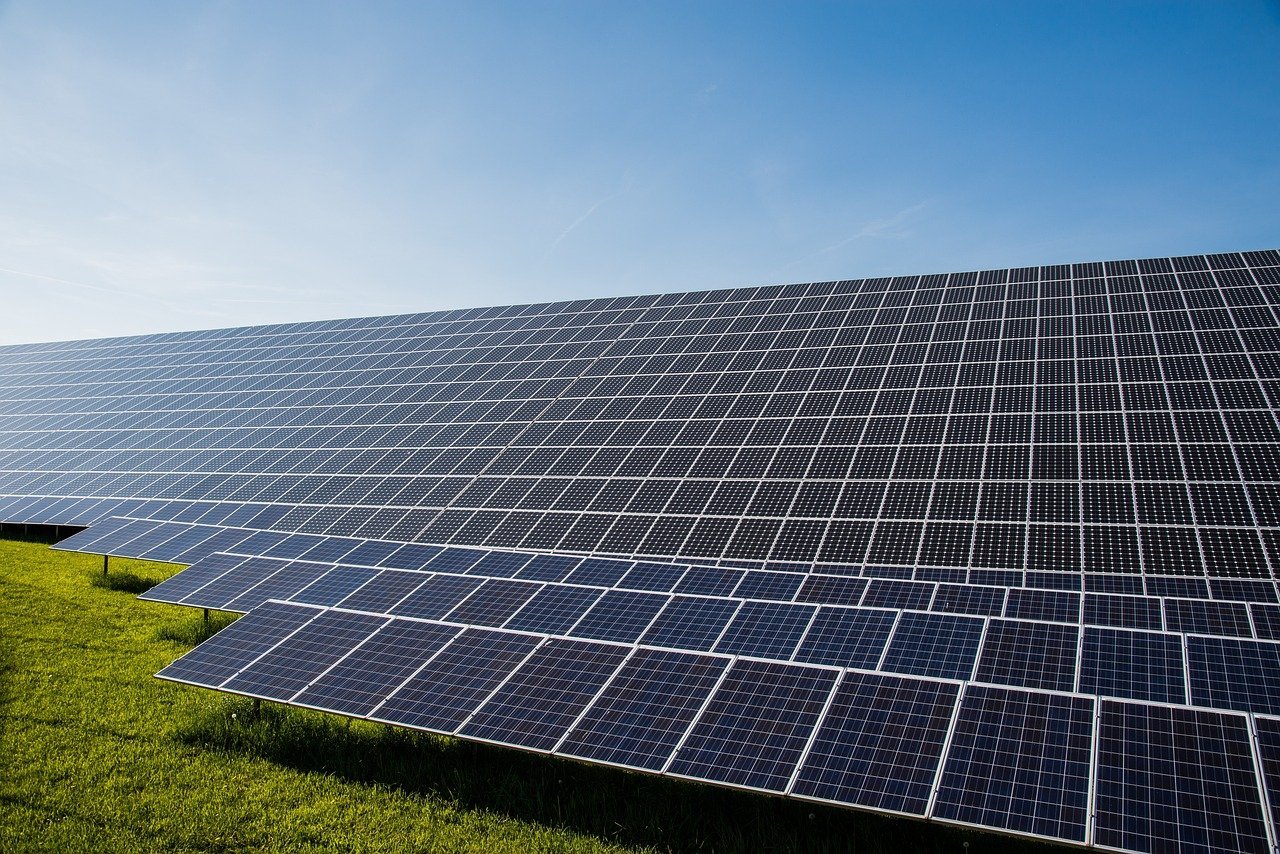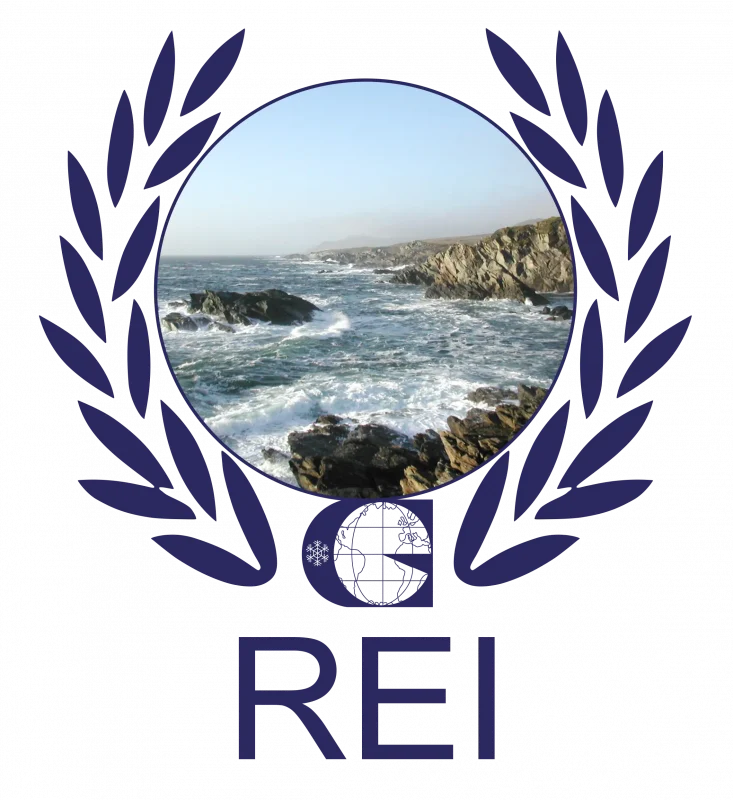Daily News
Plans Unveiled for 52.5 GW of Renewable and Natural Gas Projects in Vietnam by 2035
The Vietnamese conglomerate Vingroup has put forward an ambitious plan to develop large-scale renewable energy and liquified natural gas (LNG) projects in Vietnam over the next decade. LNG is natural gas that has been reduced to a liquid state, through a process of cooling, and it produces 40% less carbon dioxide than coal and 30% less than oil, which makes it the cleanest of the fossil fuels. While not a renewable source of power, it plays a role in the energy transition to maintain a secure energy supply.
The company aims to integrate these projects into the country’s revised Power Development Plan VIII (PDP8), requiring an estimated investment of $25-30 billion. This strategic move aligns with Vietnam’s broader efforts to expand its energy infrastructure and transition towards cleaner energy sources.

Vingroup’s proposal prioritises renewable energy, targeting the deployment of 47.5 GW (gigawatts) between 2025 and 2035. The initial phase, spanning 2025 to 2030, aims to generate 20.5 GW with an investment of $20-25 billion, focusing on regions with strong wind and solar potential. Additionally, the company has outlined plans to construct a 5 GW LNG-fired power plant in Hai Phong, with a projected investment of $5.5 billion. This marks Vingroup’s first foray into the energy sector, reflecting its commitment to diversifying its business portfolio.
Meanwhile, Vietnam’s Ministry of Industry and Trade, Nguyen Hoang Long, has proposed a revision to PDP8, targeting a national installed power capacity of 211.8 GW by 2030, an increase of 56.2 GW from the 2023 version, further reinforcing the country’s focus on expanding its renewable energy sector.
Vietnam and Malaysia are also exploring opportunities to strengthen cooperation in renewable energy development, exchanging insights and assessing potential areas for collaboration. In a working session held in Hanoi, Nguyen Hoang Long met with Malaysian Ambassador Dato’ Tan Yang Thai to discuss strategies for advancing joint renewable energy initiatives and fostering deeper bilateral engagement in the sector.
Both parties agreed to maintain dialogue, share expertise and identify concrete opportunities for future collaboration, with the goal of strengthening partnerships in the renewable energy sector. As the global renewables industry continues to expand, demand for skilled professionals is rising, and the Institute’s accredited courses, led by industry experts, provide the specialised training needed to advance your career in this growing sector.
Sources:
